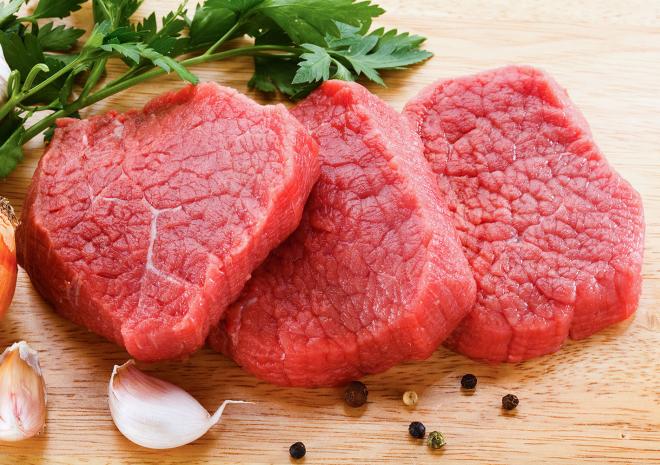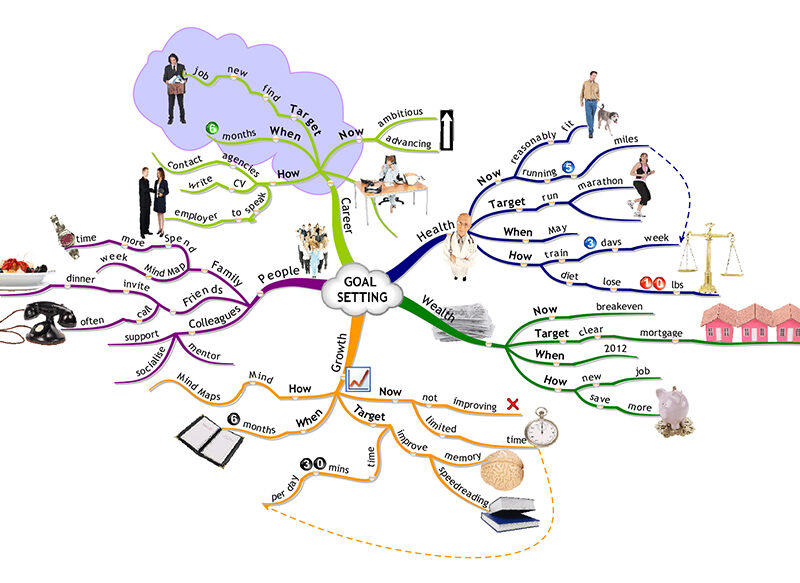4 Common Food Myths
It is very important to know at any time what kind of food we eat and because one of the biggest mistakes we all make is misinterpretation and disinformation about what is good nutrition and what is bad nutrition.
If you look at the web, it will find many articles that refer to many groups of food that the views differ from other documented ones and others do not.
So if you are looking for a clear understanding of what you should eat and what you should not eat and why, then read the 4 most common food myths that we all meet.
MYTH # 1: The sweet potato is more nutritious than regular potatoes

Many believe that simple potato does not offer us anything more than starch, but that is not true.
It is true that the white potato is a source of simple carbohydrates around 30 grams per 200gr. also offers 5gr. of fiber, 32% of daily vitamin C intake and 20% of daily vitamin B6 intake. It is also rich in minerals such as iron, magnesium and potassium.Compared to the sweet potato which offers 40gr. carbs per 200 grams, 6 grams of fiber, 566% of the required daily vitamin A intake and 20% of the required daily vitamin C intake, so we see that the various are very small.
THE TRUTH: Both potatoes can be used in your diet, the white potato after training you need carbohydrate while the sweet potato is better at meals during your day.
MYTH # 2: The egg white is better than the whole egg.

The whole egg, ie the egg yolk is the bad one that elevates cholesterol levels. Many studies in the past have shown that yolk is the culprit, so egg whites became the new trend. Indeed egg whites offer high quality protein without any fat, but removing the yolk loses many kinds of nutritional elements like vitamin D, B12, choline and selenium together with cholesterol, of course. Eating whole eggs you have better management of appetite, saturation and control of your body weight. Whole eggs research has shown that egg consumption is not associated with an increased risk of heart disease. One study showed that HDL cholesterol, ie good cholesterol, actually increased when people consumed a carbohydrate-restricted diet, including 3 whole eggs a day for 13 weeks. Another study found no significant effect on LDL levels of bad cholesterol when 2 eggs were consumed daily for 12 weeks.
THE TRUTH: Cholesterol in your diet is really important, it can help produce significant hormones, including all-powerful testosterone. So instead of just egg whites, try adding some whole egg eggs to your next breakfast or to meals during the day.
MYTH # 3: Brown rice is better than white rice.

From a dietary point of view, there is only a difference of 5 grams in carbohydrates between brown and white rice. Brown rice contains 2 grams of fiber and 23 grams of carbohydrates, while white rice contains 28 grams of carbohydrates and less than half gram of fiber per 100 grams. This fiber content ensures that brown rice is metabolized much slower in our system, providing a sustained release of energy and maintaining balanced blood glucose levels. White rice, on the other hand, contains pure plain carbohydrate that decomposes and absorbs quickly from the body, resulting in increased blood glucose and insulin levels. This big difference between brown rice and white rice has the effect of thinking that brown rice is better, but that is not the case. Brown rice is high in phytic acid, considered a nutrient, which can prevent the digestion of important metals but also affect the protein balance in the body!
One study compared a diet consisting of white rice with a diet consisting mainly of brown rice. Brown rise diet had almost 3 times more fiber than white rice diet. Nutrition with brown rice resulted in less protein and fat digestion, as well as reduced absorption of significant minerals, sodium, potassium and vitamin K.
THE TRUTH: Although white rice may be higher in simple sugars, it is often not eaten alone. When eaten with vegetables and proteins, the glycemic index may be reduced, preventing the sudden rise of blood glucose levels and slowing glucose absorption.
MYTH # 4: Eating red meat is bad for your health.

Red meat is banned by many as a basic food that can increase the risk of cardiovascular disease. While it is true that eating a diet high in saturated fat can lead to higher LDL (bad cholesterol) levels, there are many benefits to red meat that can not be ignored. Red meat is high in iron, zinc and vitamin B12 and is a great source of protein including essential amino acids and creatine. And if red meat contains saturated fat and cholesterol, this type of fat can help in the production of hormones, including testosterone.
THE TRUTH: The key is to follow a balanced diet and limit the consumption of red meat a few times a week. Select only pieces of meat mainly fillet and absolutely lean.
Mitsaris Kostas
Certified Personal Trainer
Sport&Fitness Nutrionist






